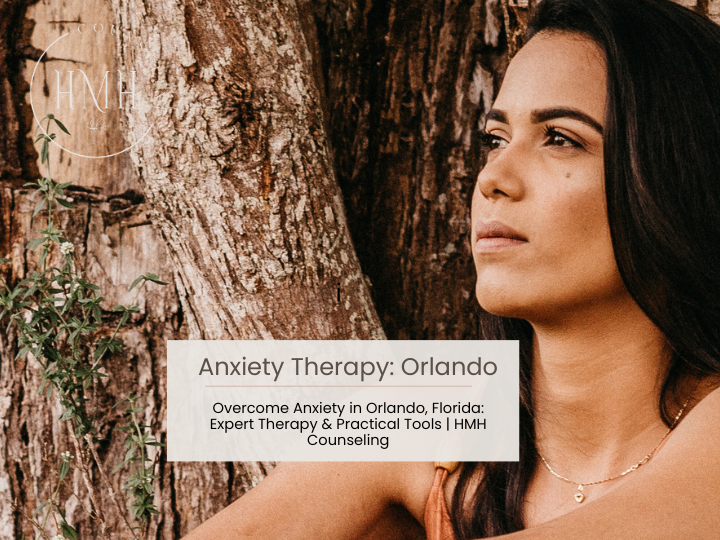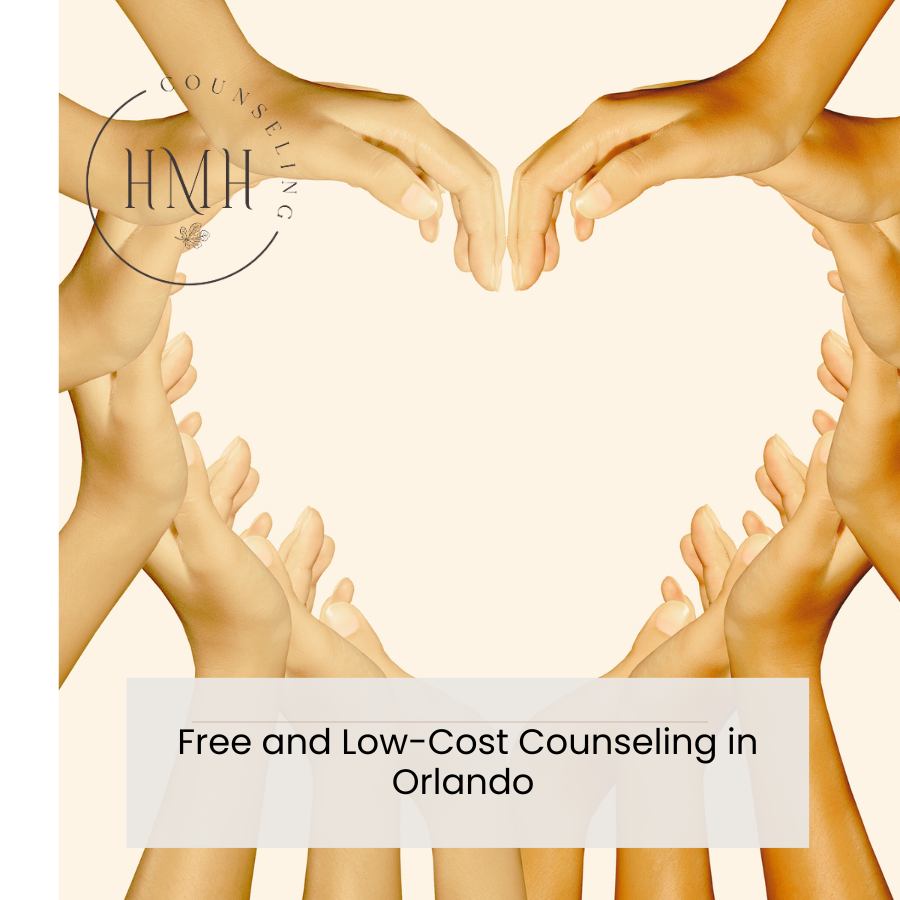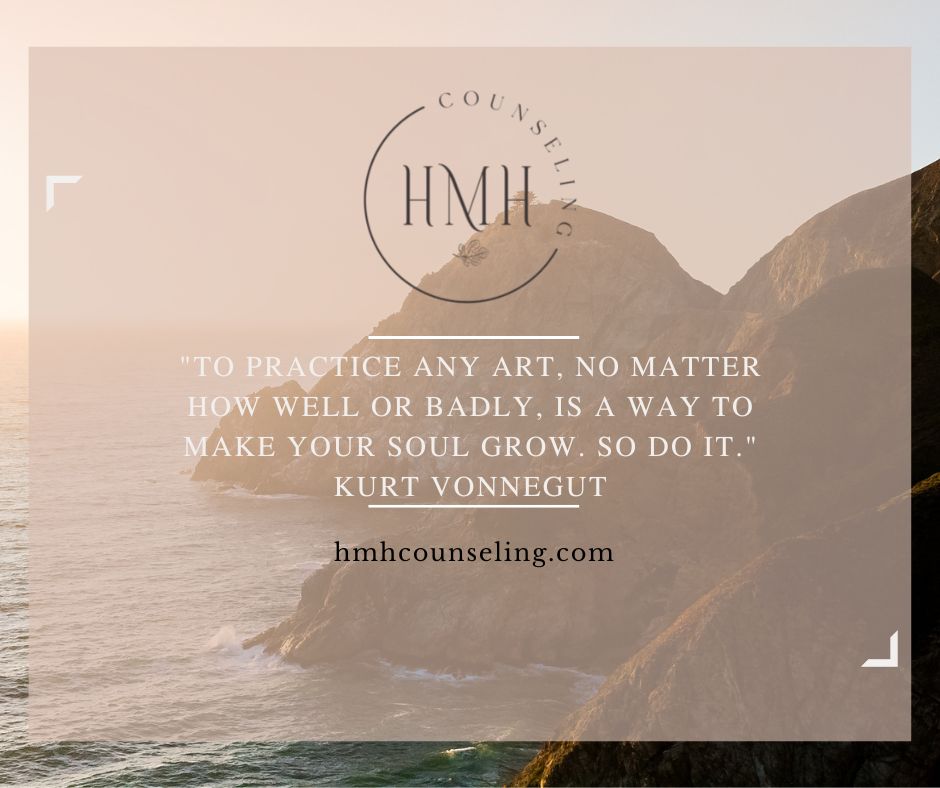Anxiety Therapy Orlando: 7 Natural Anxiety Relief Tips from an expert Holistic Therapist
January 3 • Written by: Jennifer Sierra, LMHC As winter invites us to slow down and rest, many of us […]
Anxiety Therapy Orlando: 7 Natural Anxiety Relief Tips from an expert Holistic Therapist Read Post »





